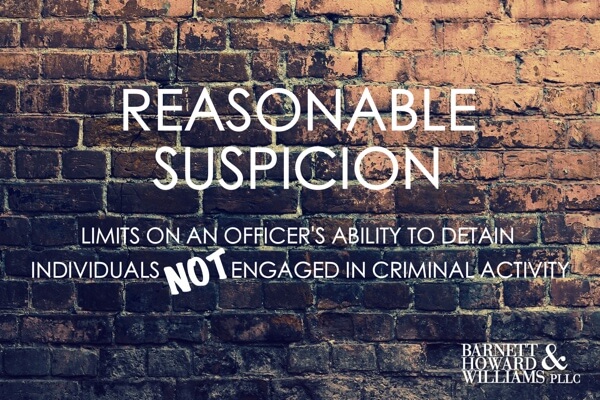
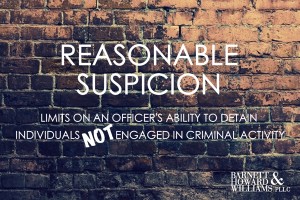 Frequently the public’s perception as to what officers can and cannot do during encounters is convoluted and even wrong. Many people are unaware of what their 4th Amendment rights actually afford them when it comes to contact with police officers. First, it’s important to know that an officer is completely free to approach whomever he wants and have a consensual encounter with someone whether or not he has a specific reason. However, an officer cannot detain you on a simple hunch, the police officer must have reasonable suspicion of criminal activity. Then comes the question of what exactly is reasonable suspicion.
Frequently the public’s perception as to what officers can and cannot do during encounters is convoluted and even wrong. Many people are unaware of what their 4th Amendment rights actually afford them when it comes to contact with police officers. First, it’s important to know that an officer is completely free to approach whomever he wants and have a consensual encounter with someone whether or not he has a specific reason. However, an officer cannot detain you on a simple hunch, the police officer must have reasonable suspicion of criminal activity. Then comes the question of what exactly is reasonable suspicion.
What is Reasonable Suspicion?
According to Fourth Amendment law, reasonable suspicion exists when there are specific articulable facts that, when combined with rational inferences from the facts, would lead a reasonable officer to believe crime was afoot. The police officer must have more than a hunch that a crime was in progress. If a police officer detains, frisks, or searches someone without reasonable suspicion that officer has violated the 4th Amendment and evidence coming from that unlawful detention must be suppressed.
The 4th Amendment in Action – Brodnex v State of Texas (2016)
In a case just decided by the Court of Criminal Appeals of Texas, the Court overturned a conviction because it found the officer did not have reasonable suspicion to detain the defendant, thus, violating the 4th Amendment.
In Brodnex v. State, the defendant was arrested and convicted of possession of a controlled substance. The arresting officer observed Brodnex and a female walking in an area known for narcotic activity around 2 a.m.. The officer approached the two individuals, asked them their names and what they were doing. When Brodnex identified himself, the officer asked him “Didn’t you just get picked up?” and Brodnex replied “Hell no.” The Officer then searched Brodnex and found a cigar tube with crack cocaine.
The Officer’s reasons for detaining Brodnex were:
- The time of day;
- The area’s known narcotic activity, and
- His belief, based on what other officers had told him, that Brodnex was a “known criminal.”
Brodnex filed a motion to suppress challenging both the stop and search. The trial court denied the motion and the appellate court affirmed.
The CCA Overturns the Conviction for Lack of Reasonable Suspicion
The Court of Criminal Appeals of Texas held that Brodnex was illegally detained because at the time of detention, under the totality of the circumstances, the facts apparent to the officer “did not provide him with a reasonable suspicion for the detention.” Therefore, the crack cocaine should have been suppressed. The court’s holding relied on the fact that the officer had simply seen Brodnex walking, not doing anything that would suggest he was engaged or about to engage in criminal activity. Additionally, the court found that the officer’s limited personal knowledge of Brodnex’s criminal history was not enough to support the belief that Brodnex was lying about not being picked up.
Know Your Rights
This case explains that the officer must have sufficient information that links the suspect to a particular crime before reasonable suspicion exists. While the time of day and high-crime area are factors that Texas courts consider, those alone are insufficient to develop reasonable suspicion. Since reasonable suspicion is based on the totality of the circumstances, it is often not completely clear as to whether a particular set of facts rises to the level of reasonable suspicion.
If you are facing criminal charges that resulted from a detention or search that might not have been supported by reasonable suspicion, any evidence found from might be able to be suppressed. Contact our criminal defense team today to discuss your case and determine whether a reasonable suspicion issue is present.
*To know your rights on the go, download our FREE Mobile App.


 Late in the evening, two San Antonio police officers saw a truck driven by
Late in the evening, two San Antonio police officers saw a truck driven by 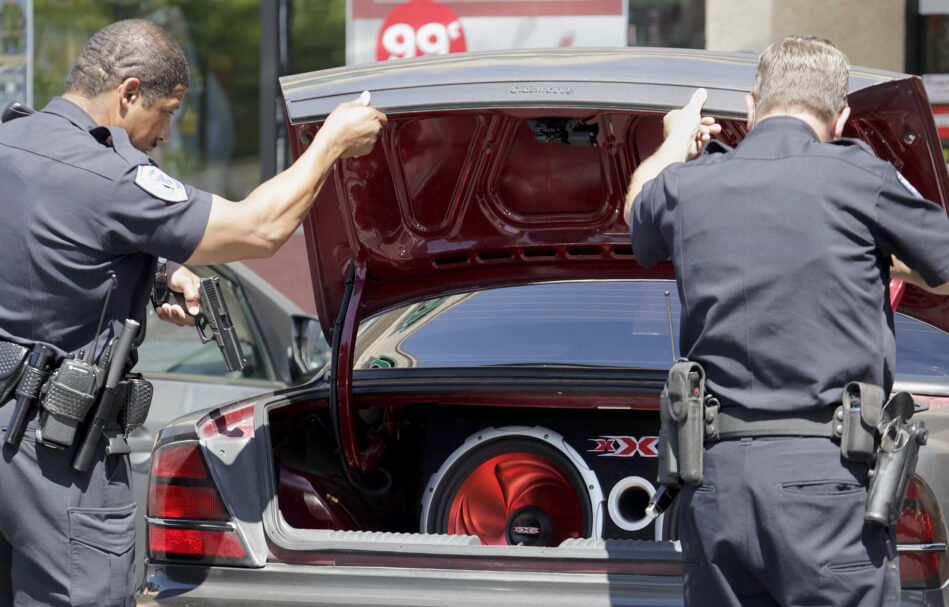
 The Fourth Amendment to the U.S. Constitution protects people’s right “to be secure in their persons, houses, papers, and effects, against unreasonable search & seizure.” Most people believe that a search without a warrant is an automatic violation of the 4th Amendment. Not so. Through years of criminal cases, the courts have crafted numerous exceptions to the warrant requirement. Below is a case brief from a recent federal case in which several of these exceptions to the warrant requirement were employed against the defendant.
The Fourth Amendment to the U.S. Constitution protects people’s right “to be secure in their persons, houses, papers, and effects, against unreasonable search & seizure.” Most people believe that a search without a warrant is an automatic violation of the 4th Amendment. Not so. Through years of criminal cases, the courts have crafted numerous exceptions to the warrant requirement. Below is a case brief from a recent federal case in which several of these exceptions to the warrant requirement were employed against the defendant.
 The Fourth Amendment, generally, protects American citizens from unreasonable searches and seizures. Nevertheless, there are exceptions that allow police officers the ability to enter one’s home without a warrant or notice. These instances are commonly called “No-Knock” entries and are permitted only when a police officer has a reasonable suspicion that knocking and announcing their entry would be dangerous or futile.
The Fourth Amendment, generally, protects American citizens from unreasonable searches and seizures. Nevertheless, there are exceptions that allow police officers the ability to enter one’s home without a warrant or notice. These instances are commonly called “No-Knock” entries and are permitted only when a police officer has a reasonable suspicion that knocking and announcing their entry would be dangerous or futile.

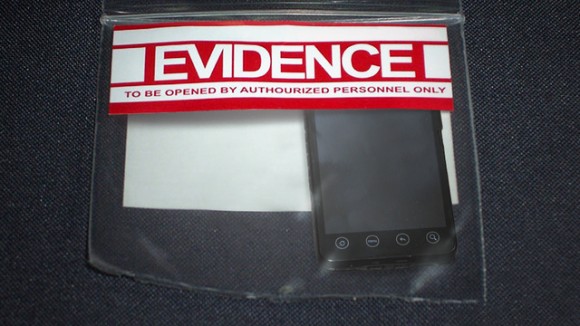
 U.S. Supreme Court Holding: YES – The 4th Amendment prohibits officers from searching a suspects cell phone for information without a warrant.
U.S. Supreme Court Holding: YES – The 4th Amendment prohibits officers from searching a suspects cell phone for information without a warrant.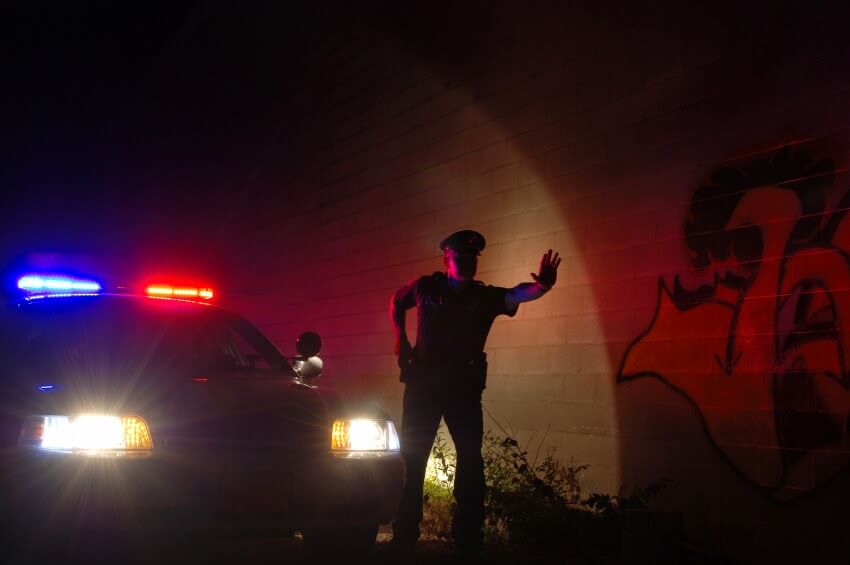



 Let’s face it, nobody really likes uninvited guests on their front porch, unless, of course, it is the time of year when the Girl Scouts are selling cookies or little trick-or-treat monsters are out and about. Aside from that, I’m not too keen on having people drop by unannounced, especially if that person is trying to investigate a crime or conduct a search and seizure.
Let’s face it, nobody really likes uninvited guests on their front porch, unless, of course, it is the time of year when the Girl Scouts are selling cookies or little trick-or-treat monsters are out and about. Aside from that, I’m not too keen on having people drop by unannounced, especially if that person is trying to investigate a crime or conduct a search and seizure.





